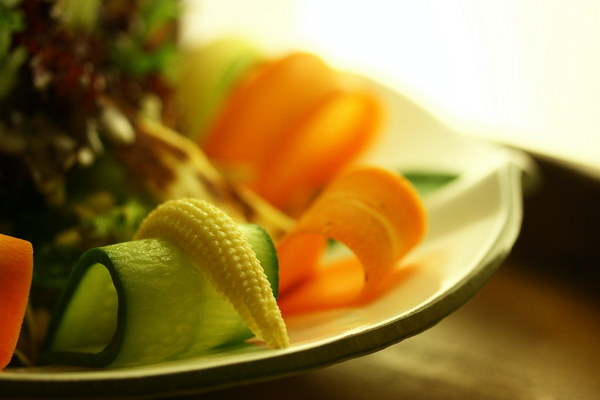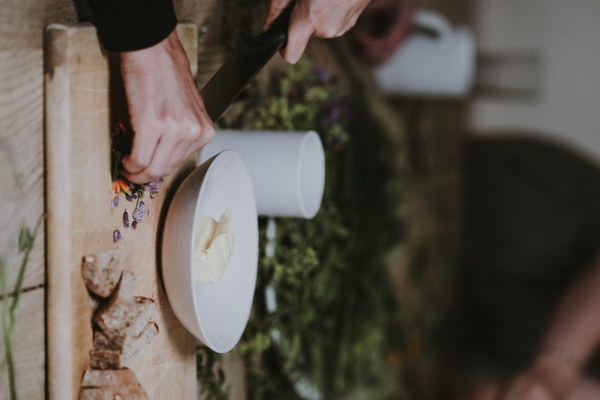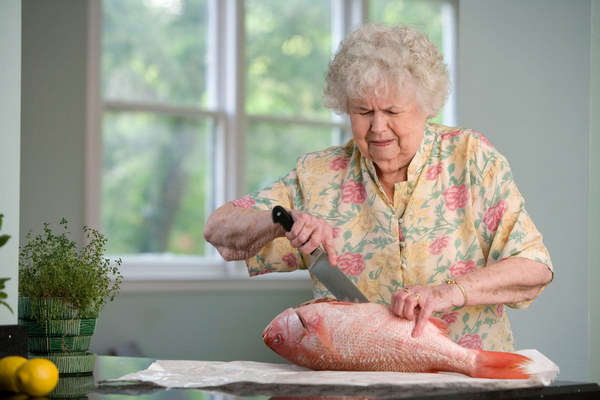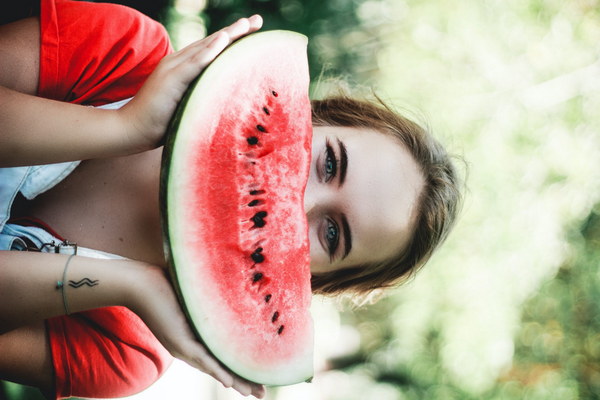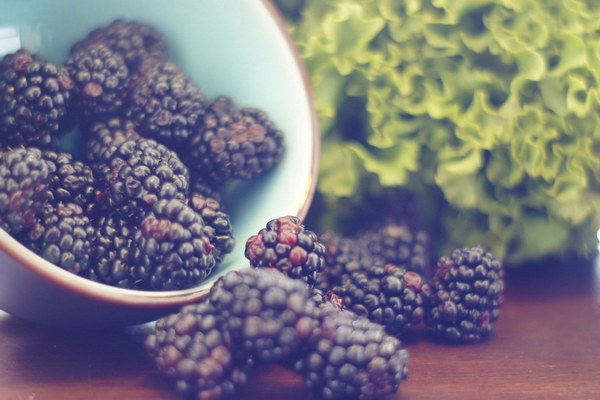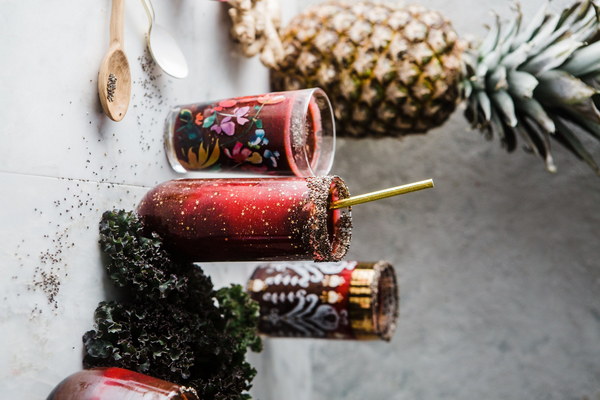Nourishing the Postpartum Body A Guide to Traditional Chinese Herbs for Women's Health
Introduction:
The journey of motherhood is a profound and transformative experience. However, it is also a time when the body undergoes significant changes, particularly for the postpartum woman. To support the recovery and rejuvenation of the postpartum body, traditional Chinese medicine offers a wealth of natural remedies, including herbal concoctions designed to nourish and replenish blood and Qi (vital energy). This article delves into the world of postpartum TCM herbs, exploring their benefits and how they can aid in the recovery process.
Understanding Postpartum Health:
Postpartum health refers to the period of time following childbirth when the body is in the process of healing and returning to its pre-pregnancy state. This period can vary from woman to woman, but it is generally considered to be the first six weeks after giving birth. During this time, the body experiences a range of changes, including:
- Loss of blood due to childbirth
- Hormonal fluctuations
- Fatigue and weakness

- Breastfeeding demands
- Emotional changes
To address these changes and support overall health, many women turn to traditional Chinese medicine, which emphasizes the importance of balancing the body's Yin and Yang energies and restoring Qi.
Traditional Chinese Herbs for Postpartum Recovery:
1. Dong Quai (Angelica sinensis):
Known as the female ginseng, Dong Quai is a highly regarded herb in TCM for its ability to tonify the blood and regulate menstruation. It is often used to help alleviate postpartum bleeding and support the restoration of blood levels.
2. Pueraria (Pueraria lobata):
This herb is believed to nourish the blood and promote lactation. It is commonly used in postpartum formulas to support the health of the breasts and enhance milk production.
3. Gan Cao (Licorice root):
Licorice root is used to harmonize the other ingredients in a formula and to tonify the Qi. It is often included in postpartum blends to support the overall energy levels and help the body recover from the demands of childbirth.
4. He Shou Wu (Polygonum multiflorum):
Known for its anti-aging properties, He Shou Wu is used to nourish the kidneys and replenish the essence, which is believed to enhance fertility and overall vitality. It is often included in postpartum formulas to support long-term health.
5. Astragalus (Astragalus membranaceus):
This herb is renowned for its immune-boosting properties. It is used to strengthen the body's resistance and support the immune system, which is crucial during the postpartum period.
How to Use Postpartum TCM Herbs:
Postpartum TCM herbs should be used under the guidance of a qualified TCM practitioner, as the dosage and combination of herbs can vary depending on the individual's specific needs. Generally, these herbs are administered in the form of decoctions, powders, or capsules.
It is important to start with a low dosage and gradually increase as the body adjusts. Herbs should be taken with caution if there are any underlying health conditions or if other medications are being used.
Conclusion:
The postpartum period is a critical time for healing and recovery. Traditional Chinese medicine offers a natural and holistic approach to support women's health during this transformative time. By understanding the properties of postpartum TCM herbs and their benefits, women can make informed decisions about their postpartum care. Always consult with a healthcare professional before starting any new treatment, especially during pregnancy and postpartum.
